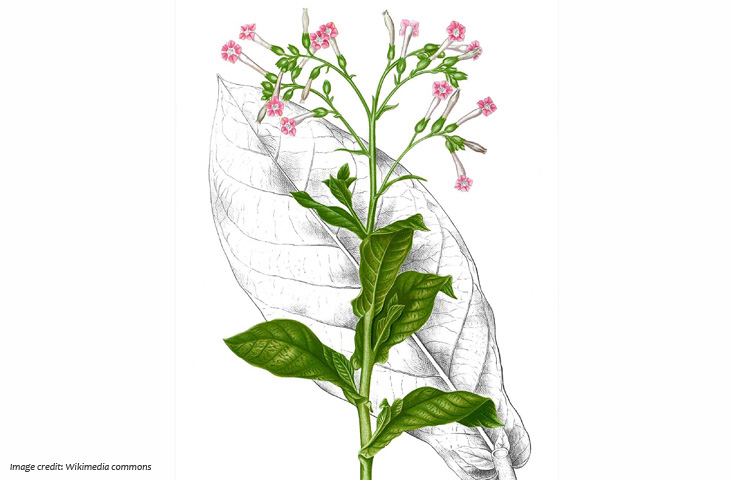Plants are sessile and they are constantly in a struggle with their environment. Most plants have developed elaborate mechanisms to counter a variety of environmental stresses, be it pathogens, or unfavorable soil and climatic conditions. However, when plants were converted into crops, most of their energy was diverted towards making more grains. This selection pressure forced crop plants to give up their natural ability to manage environmental stresses. This is the single biggest reason for crop failure due to environmental stresses. However, there are multiple methods to improve biotic and abiotic stress tolerance and our country is a forerunner in this field. Very few interventions have the capability to provide wide-spectrum solution for multiple stresses. A group from the National Centre for Biological Sciences (NCBS), Bangalore, has come up with a one-gene solution. This gene can provide tolerance against wide range of stresses that includes salinity, harmful chemicals, heavy metal stress, viruses, bacteria and fungi in transgenic plants. This finding has been published in the latest issue of the journal Plant Molecular Biology.
The gene used to develop transgenic plants belongs to DJ-1 family of proteins. DJ-1 proteins are present in most organisms. Their job includes maintenance and restoration of cellular functions and removal of toxins. Human DJ-1 protein is well known and it is named as PARK7 due to its association with Parkinson’s disease. Mutations in PARK7 gene are linked to early onset of Parkinson’s disease. DJ-1 proteins detoxify methylglyoxal, a toxic by-product that is linked to many human diseases such as Parkinson’s, Alzheimer’s and diabetes. This research shows that expression of yeast DJ-1 protein, a homolog of human PARK7, can provide tolerance against unfavorable soil and climate stresses, heavy metal stress and a diverse set of pathogens.
Adverse environmental conditions restrict crop production, and hence new strategies need to be employed to sustainably improve crop yield. Our strategy is very attractive for developing stress tolerance in crop plants, and might provide cues to counter human diseases, feels Dr. Melvin Prasad from National Centre for Biological Sciences, first author of the paper.
“Due to the efforts of pioneers such as Prof. Sudhir Sopory, we know a lot about methylglyoxal and its buildup during abiotic stresses in plants. We hypothesized that pathogenic infections might induce buildup of toxins such as methylglyoxal. We find that such pathogenic infections increased accumulation of toxic methylglyoxal. We used a detoxifying enzyme from yeast that has excellent detoxification ability based on the research carried out by Dr. Patrick D’Silva and B. Kondalarao from the nearby Indian Institute of Science. There are only two other known candidates, namely polyamines and flavonoids, that have a proven ability to help plants cope with such diverse stresses. We hope that plant breeding and genetic engineering strategies to enhance abiotic and biotic stress tolerance will get a boost from our research” summarized Dr. P.V. Shivaprasad, senior author of the paper and a faculty member at NCBS.
This work was a collaborative effort between Dr. P.V. Shivaprasad’s lab at NCBS and Dr. Patrick D’Silva’s Lab at the Indian Institute of Science. The Online version of this manuscript can be accessed here:










0 Comments